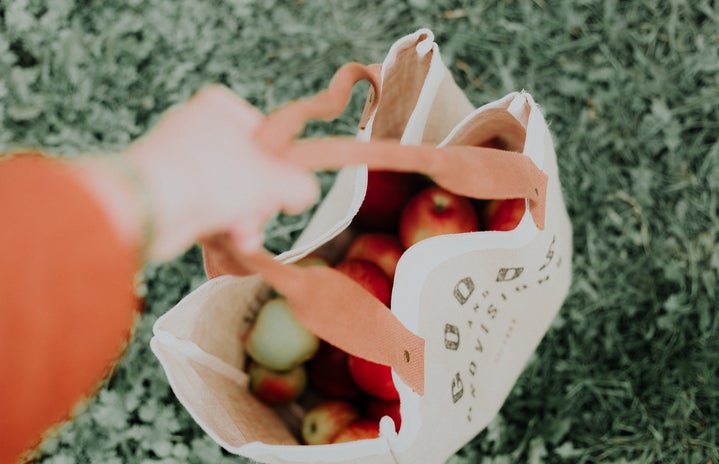Article by Freelancer Aya Hussein
In March 2020, as the COVID-19 pandemic began, Montgomery Blair High School sophomore Dhruv Pai saw fear in his grandparents’ eyes.
Pai’s grandparents avoided going to the grocery store in an attempt to avoid infection. All they knew was that the virus was more dangerous for seniors than teenagers, so Pai started to collect their groceries for them once or twice a week.
“That really got me thinking, what about people who don’t have grandchildren to lean on, or people to lean on?” Pai said.
Pai expressed his concern about this to his friend, fellow Montgomery Blair High School sophomore Matthew Casertano. This is when they both decided to start a program to assist seniors who do not have people to collect their groceries for them during the pandemic: Teens Helping Seniors.
Teens Helping Seniors started as a food assistance program, as teenagers collected groceries for seniors who were more vulnerable to contracting COVID-19.
As of May 4, 74% of reported COVID-19 deaths in the United States had been individuals who were 65-years-old or older, according to the CDC.
The program gained a lot of attention from local news outlets, such as WUSA9. This helped them raise awareness about their program and inspired other teenagers to join the program. As of April 2022, over two years since the program started, Teens Helping Seniors had 33 chapters across the United States and Canada, each led by regional coordinators.
Winston Churchill High School senior and Teens Helping Seniors National Coordinator Rohin Garg explained how the program is an entirely volunteer-based network that doesn’t require any extra funding:
“When someone asks for a grocery delivery, we reach out to a volunteer to purchase their items, then deliver the groceries,” Garg said. “Then, the receiver reimburses the volunteer.”
“Oftentimes, the senior leaves a tip, but we accumulate all the tips and then donate that to the CDC to support the lifesaving public health efforts,” Garg said.
As well as the founders of the program, now-high school seniors Pai and Casertano also serve as the regional coordinators for the Montgomery County chapter.
Castertano expressed how important it was for them to create a relationship with the people they help. He recounted a moment where he served a senior named Marie, who had a son with Down Syndrome. She was afraid to go to the store because she didn’t want to pass it to her son. She wasn’t sure if he would be more affected by the virus because of his precondition.
“I would say learning about that has made us empathize with her more, and I guess kind of made our work feel a lot more rewarding,” Casertano said.
Even though pandemic restrictions have eased across the country, Pai hoped to continue Teens Helping seniors, as there have been other reasons for seniors to need their help.
“We found a lot of regular customers who, even on a normal basis, have difficulty getting groceries,” Pai said. “These are people who potentially have mobility issues or neurodegenerative conditions and won’t be able to go out and get their groceries on their own or they don’t have any dependents who can do it for them.”
Volunteers can get involved by filling out the sign-up form. Seniors can sign up for a volunteer to help them by emailing teenshelpingseniors@gmail.com.


